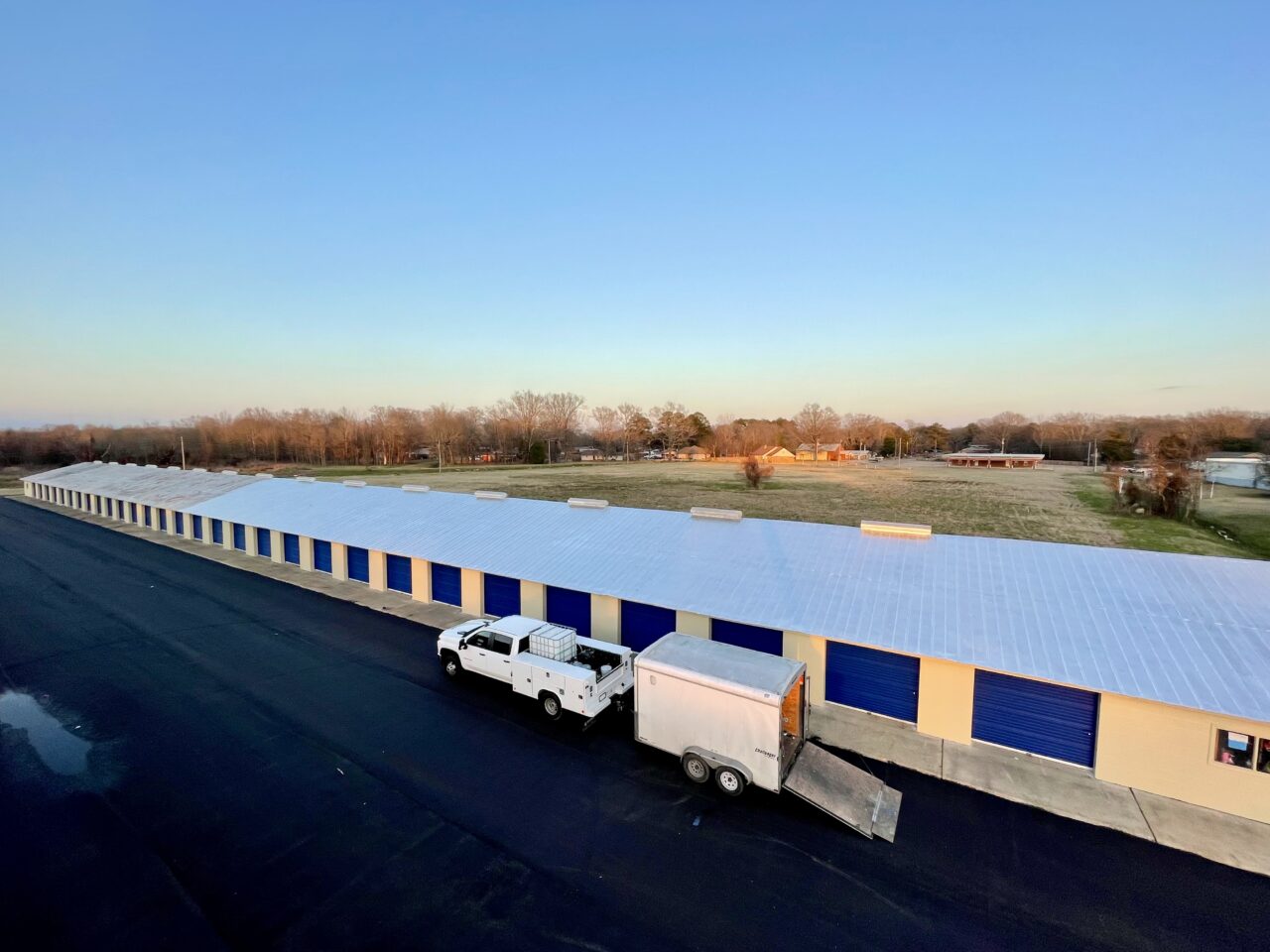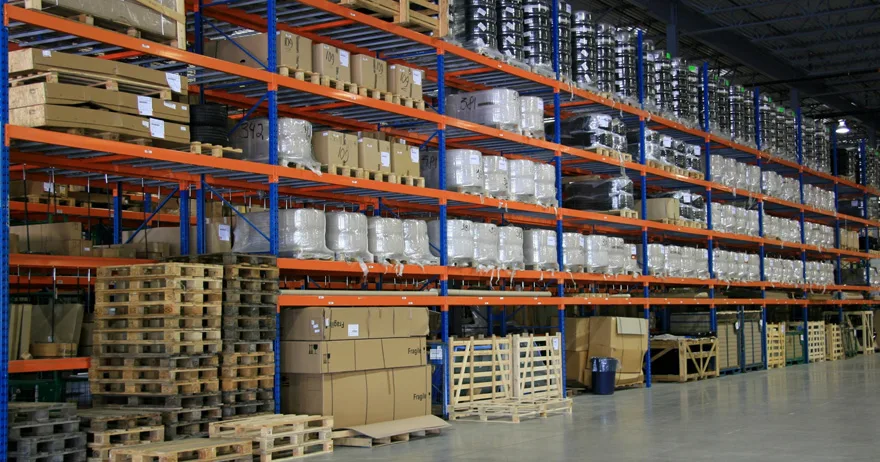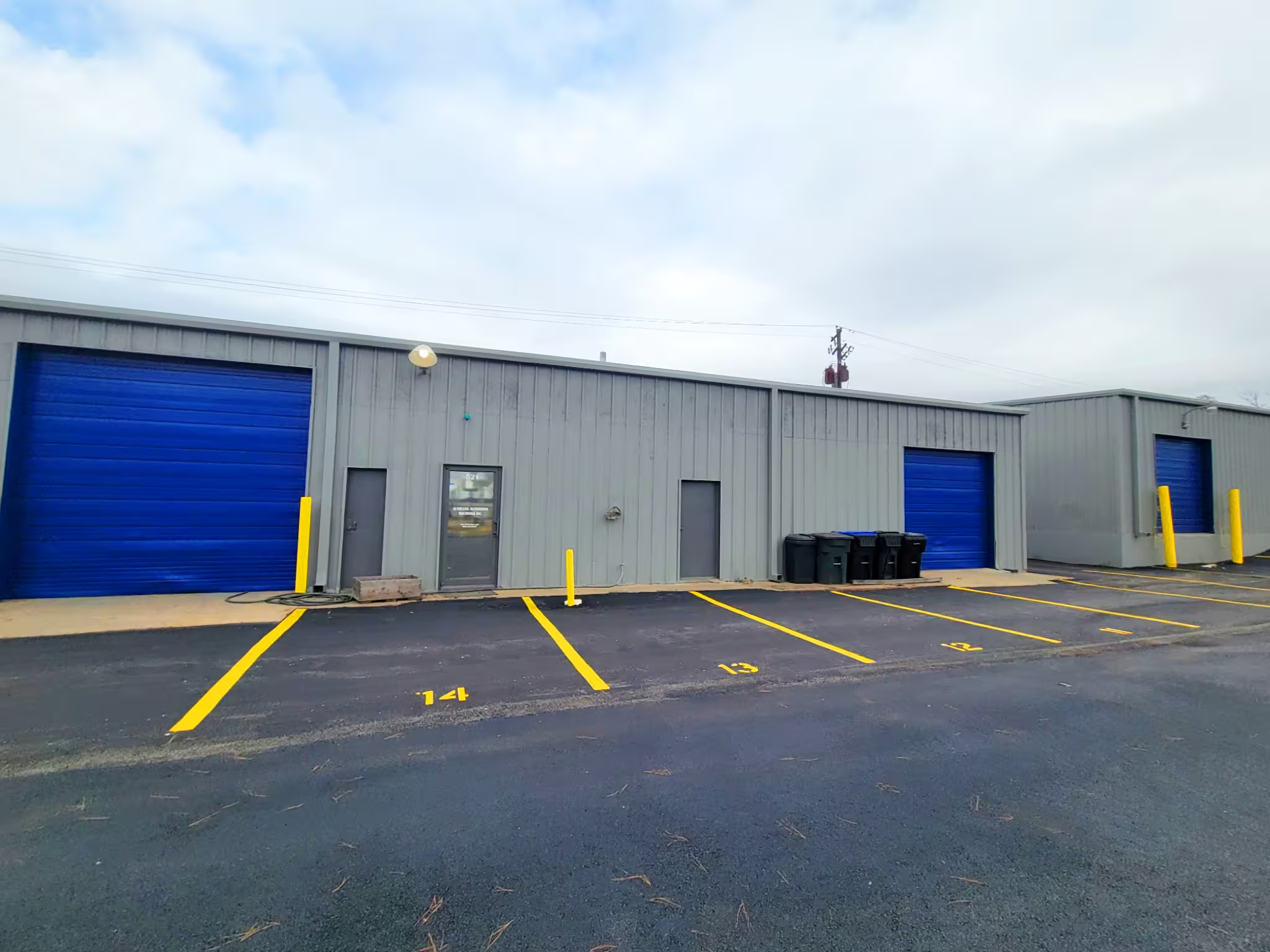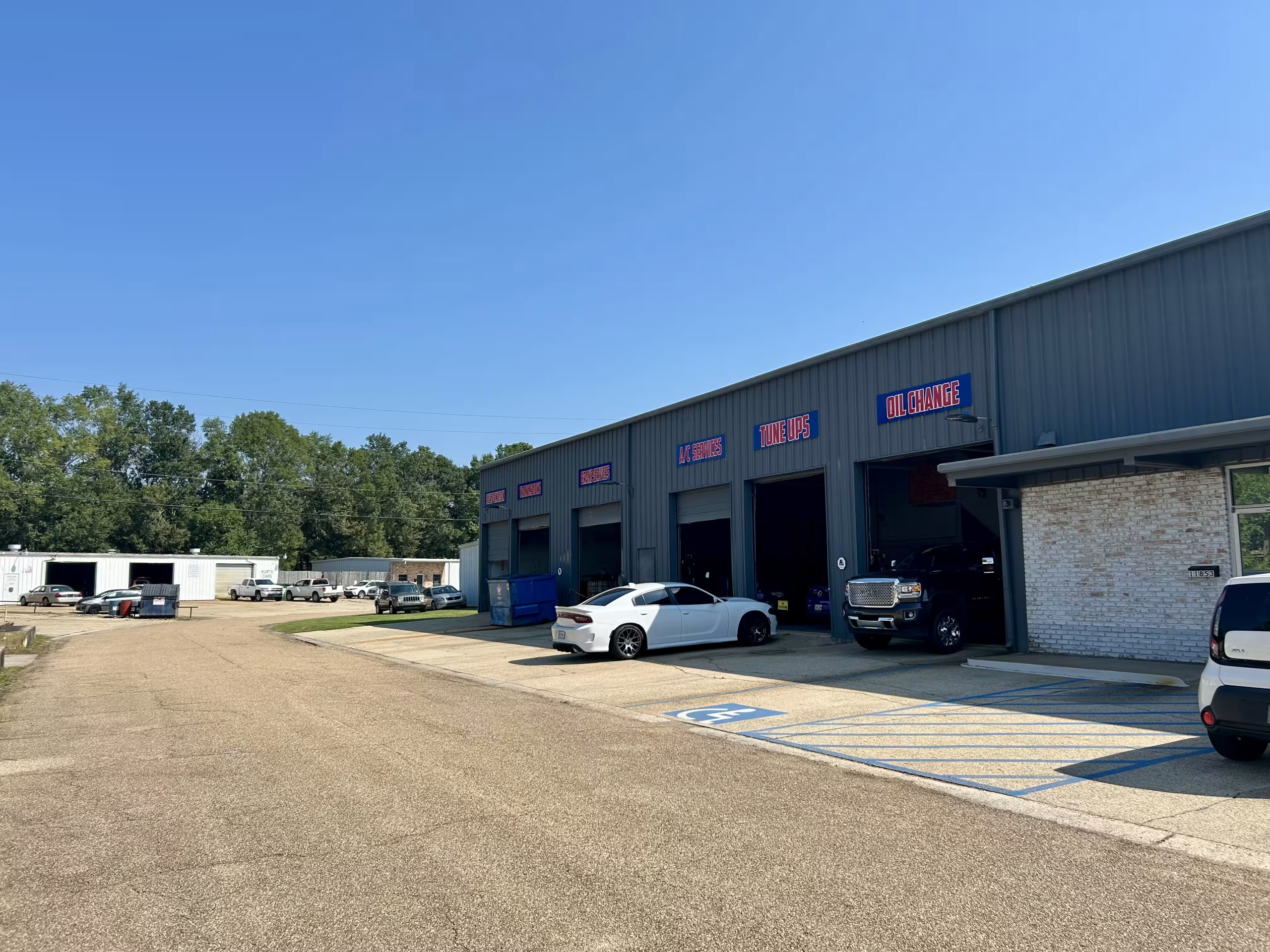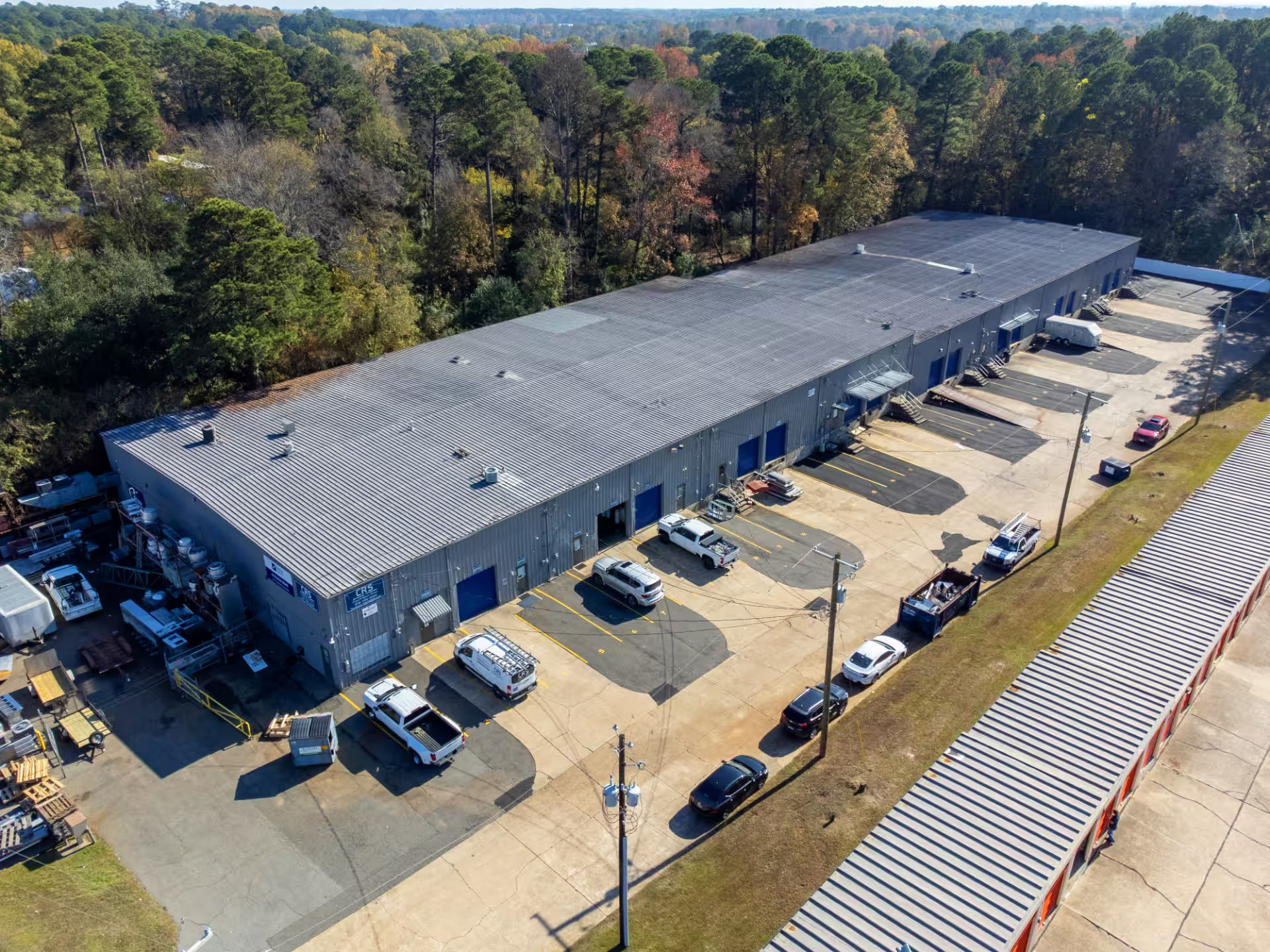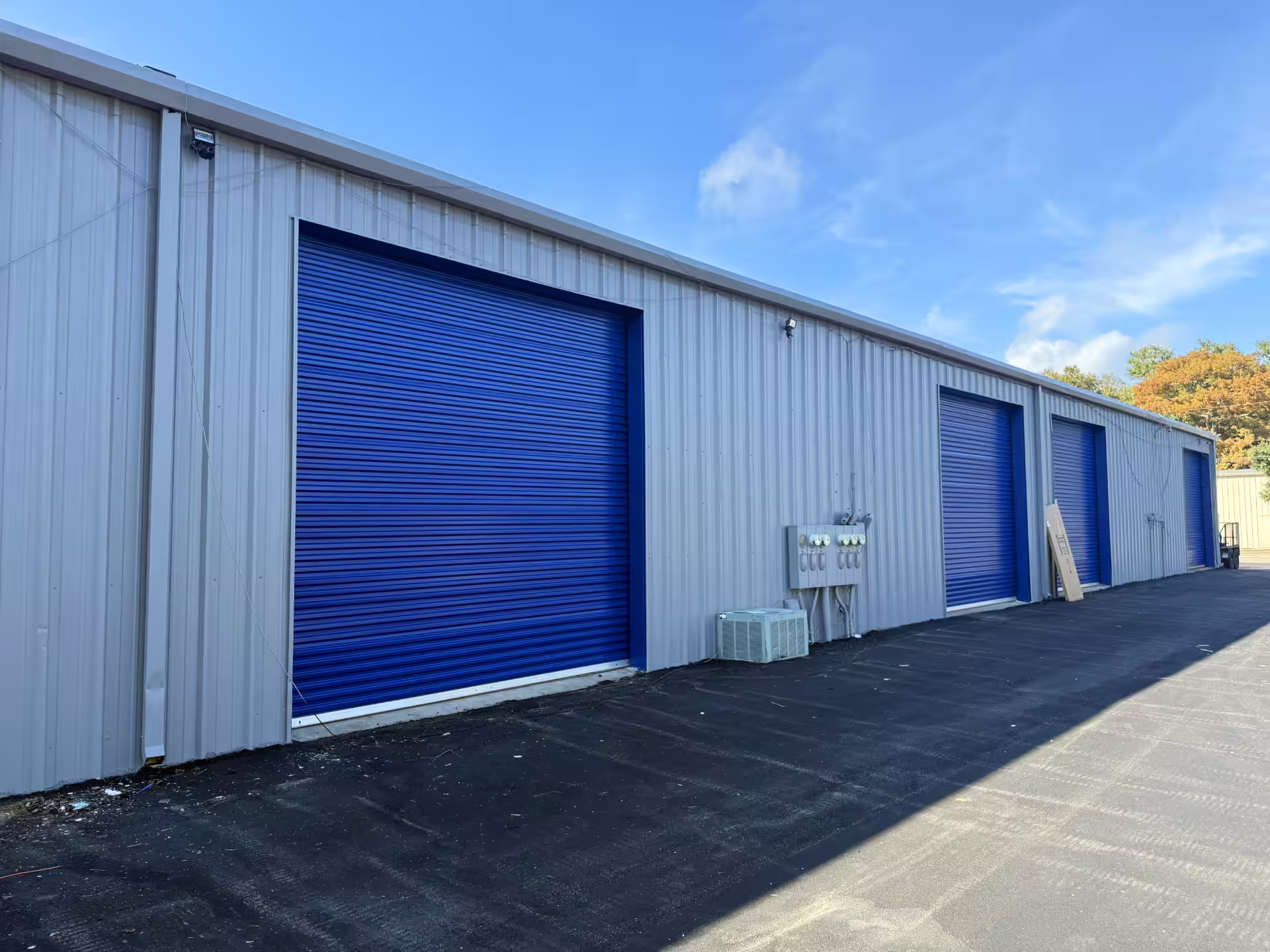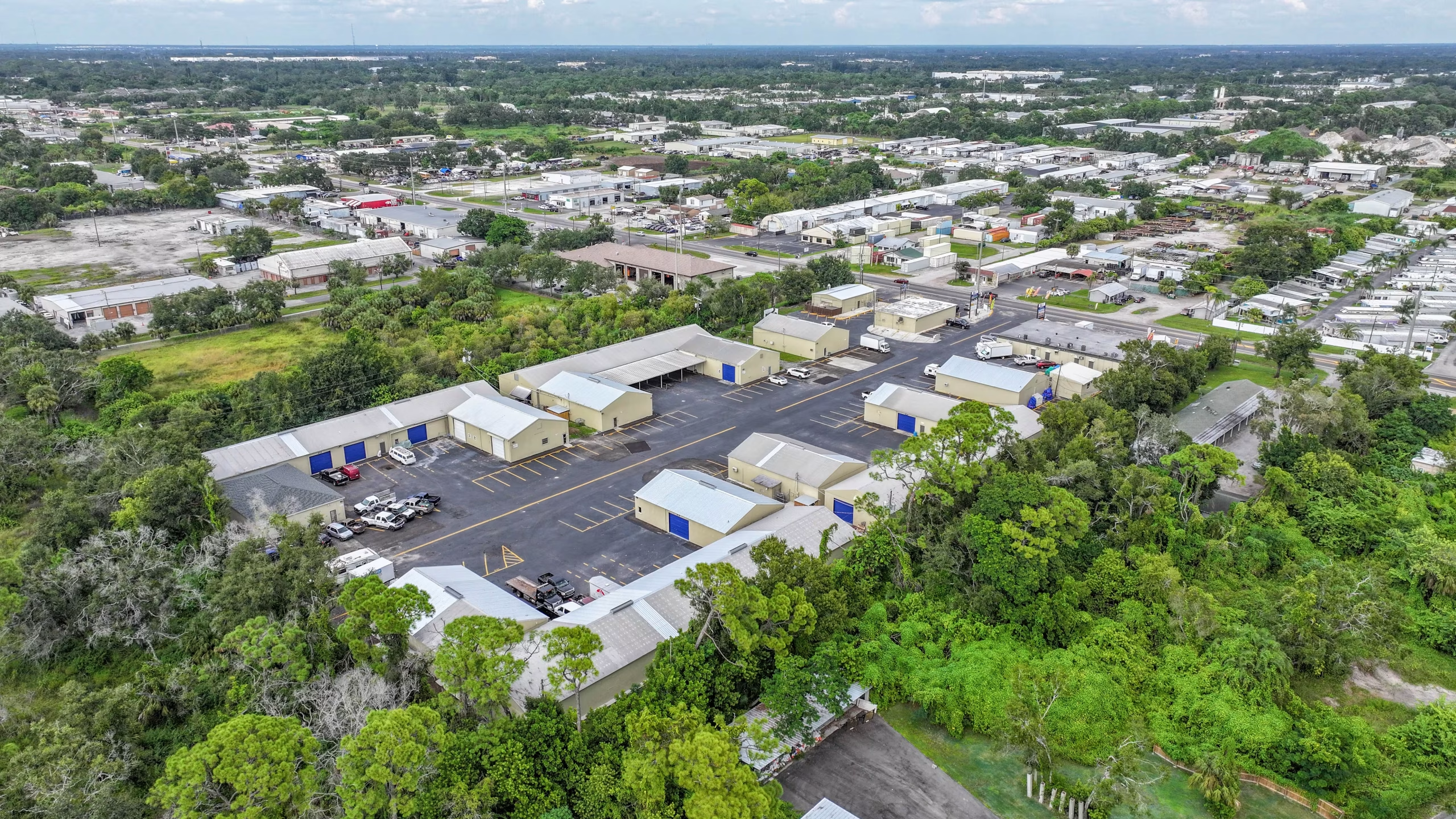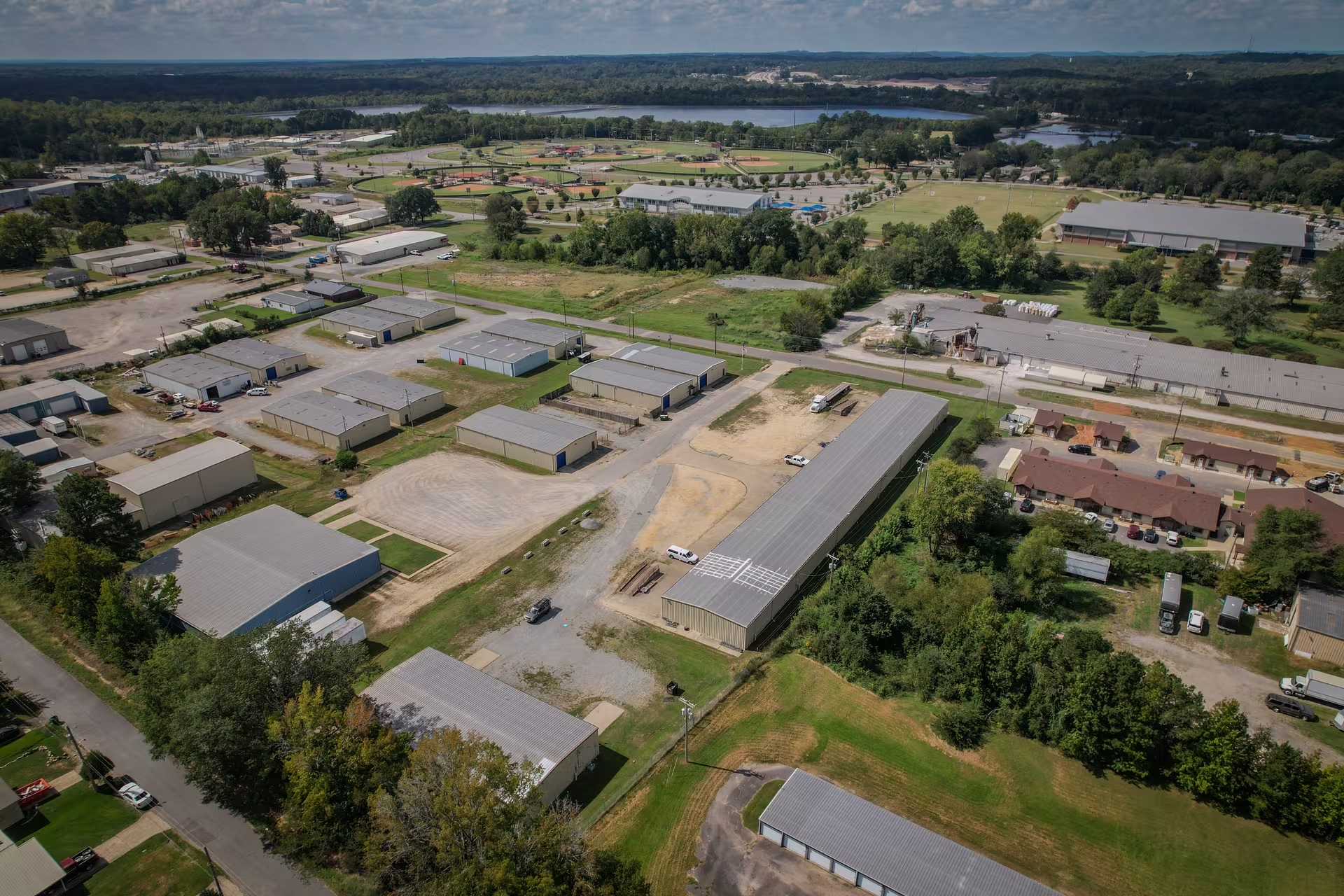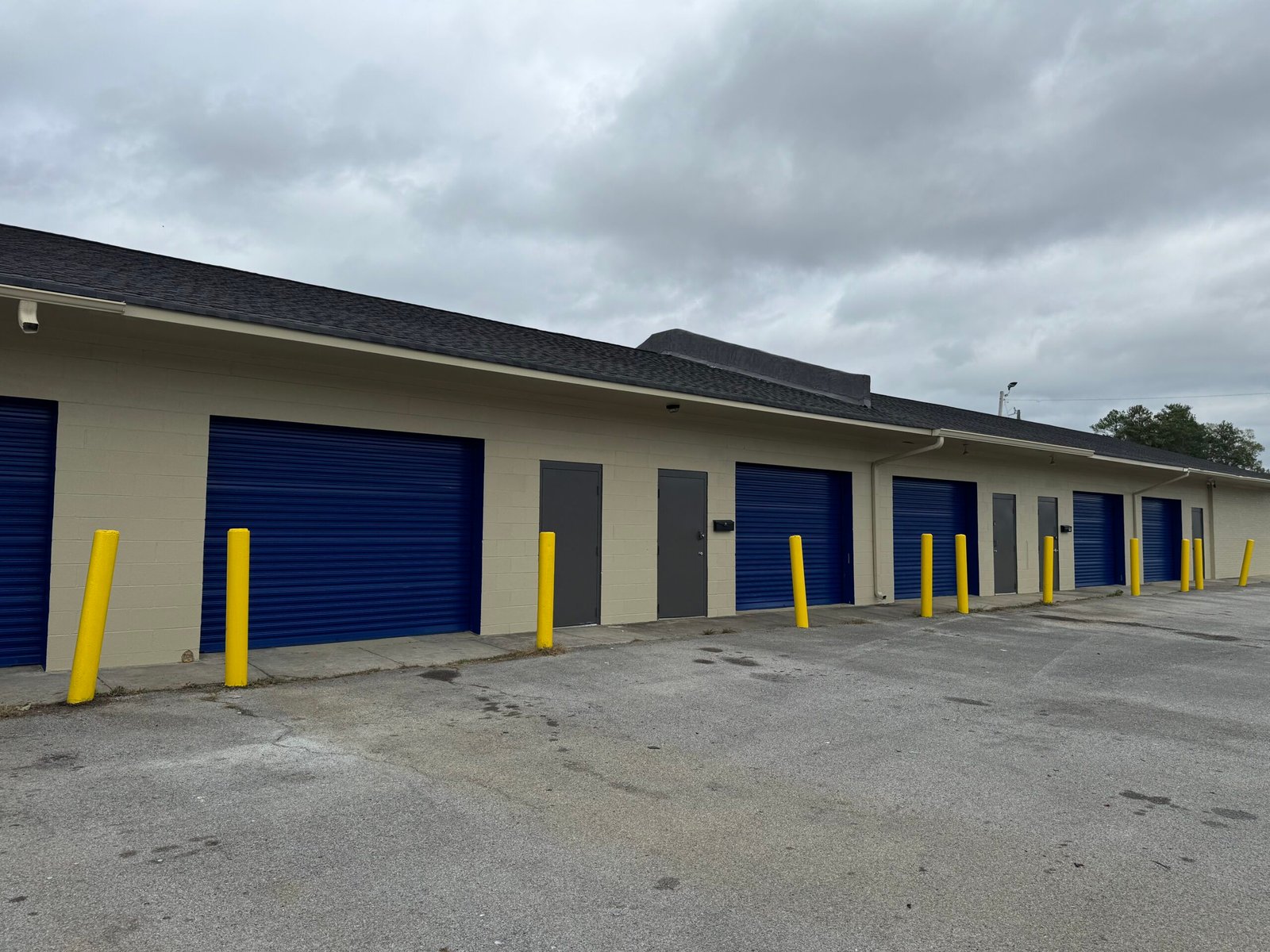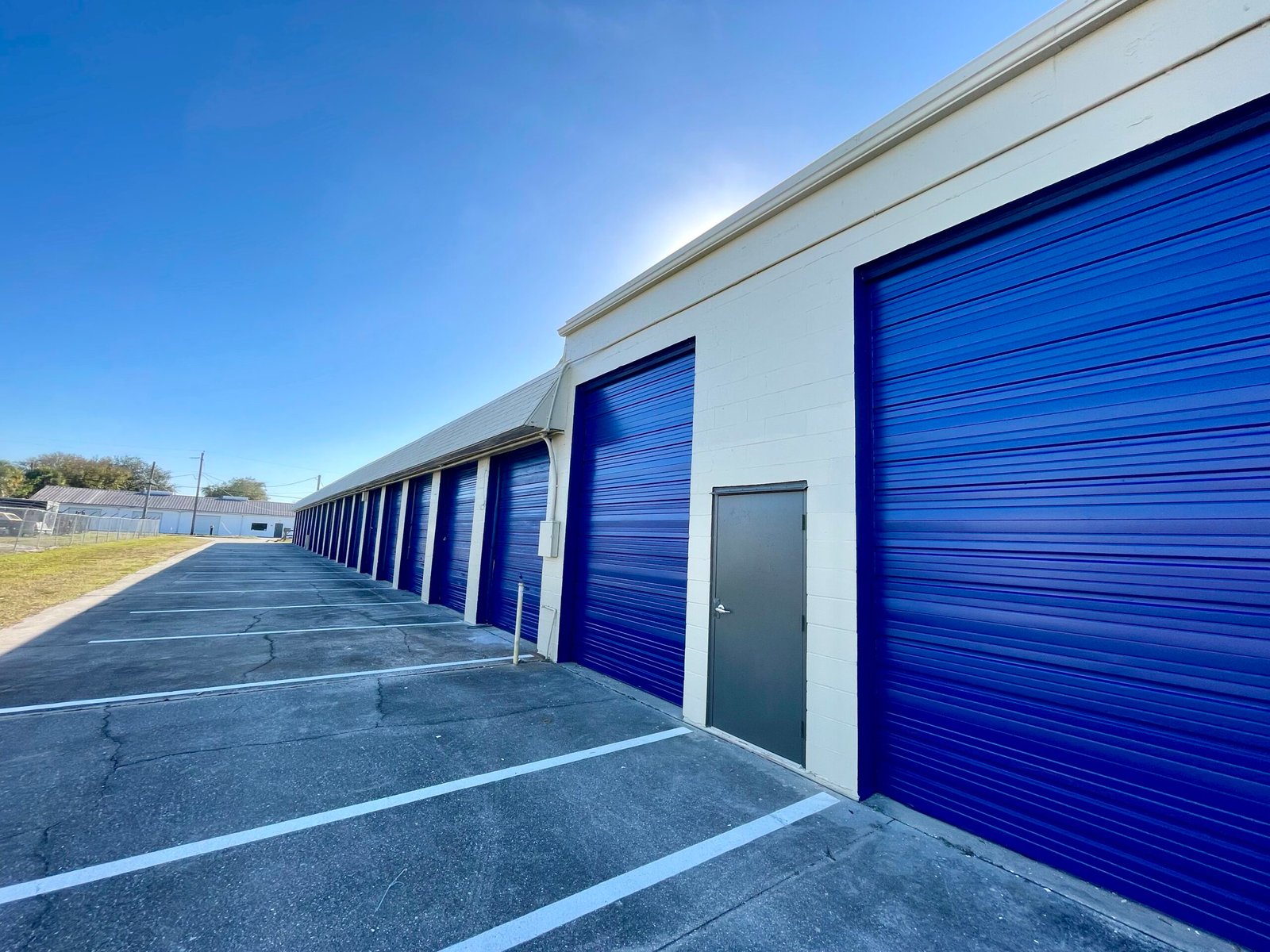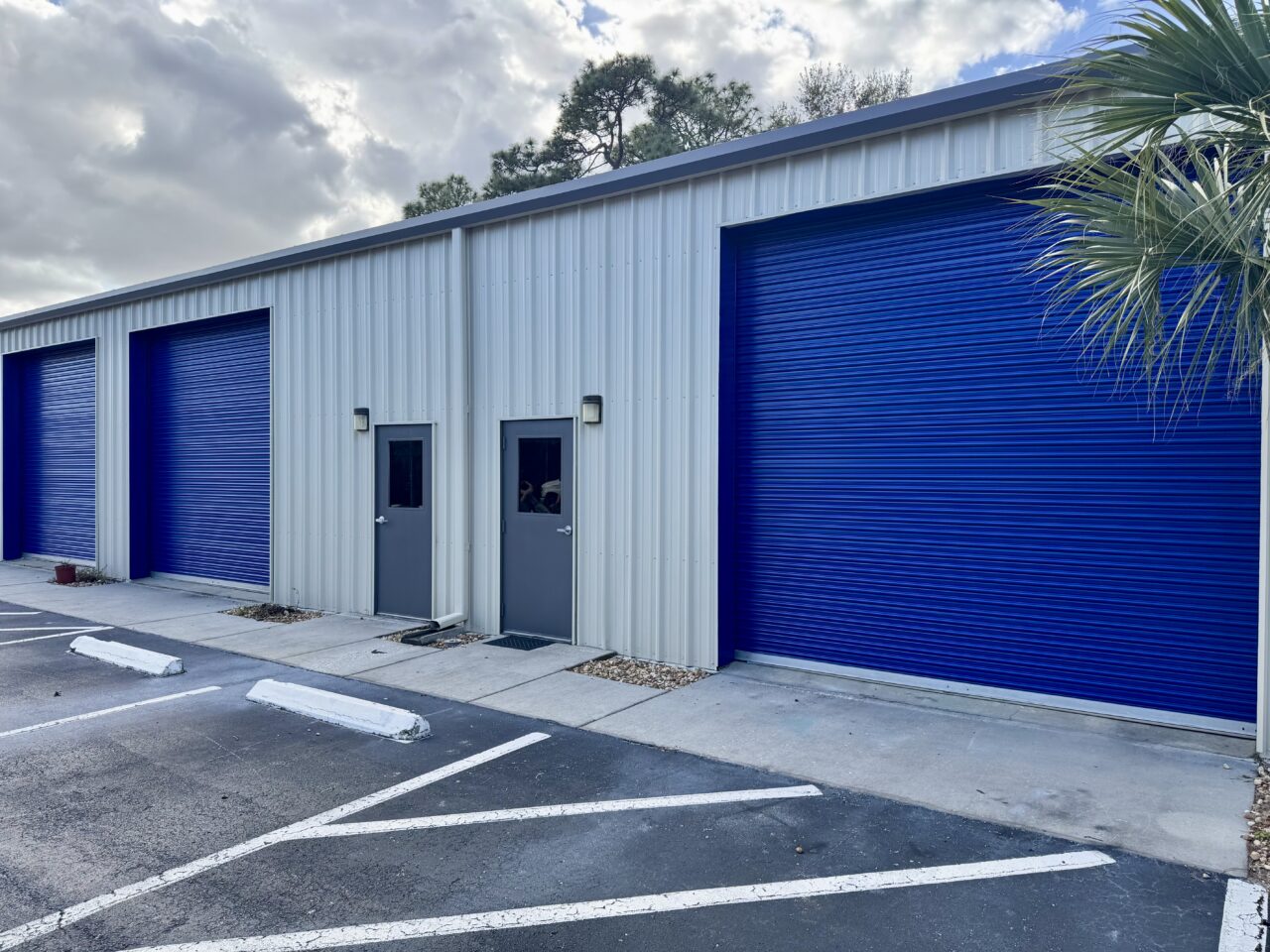1. Plan Your Space
Before diving into the physical organization, take some time to plan. Consider the following:
- Workflow: Map out how you move through your workshop. Place frequently used tools and materials in easy-to-reach spots.
- Zoning: Divide your workshop into distinct areas based on different tasks (e.g., cutting, assembly, storage). This helps in keeping each area specialized and reduces clutter.
2. Declutter and Assess
Start by decluttering your workspace:
- Purge Unnecessary Items: Remove any tools, materials, or equipment that you no longer use. Donate, sell, or recycle them as appropriate.
- Assess Your Tools: Make a list of what you have, what you use regularly, and what might need replacing or upgrading.
3. Utilize Vertical Space
Vertical space is often underutilized in many workshops. To maximize this area:
- Install Shelving: Add shelves above workbenches or along walls to store tools, materials, and supplies.
- Hang Tools: Use pegboards, magnetic strips, or wall-mounted racks to keep frequently used tools visible and accessible.
- Use Cabinets: Install cabinets for storing less frequently used items and keep them off the work surfaces.
4. Optimize Workbenches
Your workbench is the heart of your workshop. To make it more functional:
- Clear the Surface: Keep only essential items on the workbench. Use drawers or a tool chest to store other tools.
- Add Tool Holders: Install tool racks, drawers, or bins directly on or under the workbench for easy access to tools and materials.
- Ensure Proper Lighting: Good lighting is crucial. Use task lights to illuminate your work area and reduce eye strain.
5. Implement Storage Solutions
Effective storage can greatly enhance your workshop’s organization:
- Bins and Containers: Use clear bins and containers to categorize and store small parts and supplies. Label them for quick identification.
- Drawer Organizers: Use drawer dividers or organizers to keep small tools and fasteners neatly arranged.
- Tool Carts: Mobile tool carts can provide additional storage and be moved to where you need them.
6. Create a Filing System
For paperwork, manuals, and project plans:
- File Cabinets: Invest in a filing cabinet or folder system to keep important documents organized and easily accessible.
- Digital Records: Consider scanning and digitizing important documents for easy storage and retrieval.
7. Maintain Safety and Accessibility
Safety and accessibility should be a top priority:
- Keep Safety Gear Accessible: Store safety equipment like gloves, goggles, and ear protection in easily accessible locations.
- First Aid Kit: Have a well-stocked first aid kit readily available and clearly visible.
- Emergency Exits: Ensure that emergency exits and fire extinguishers are not obstructed and are easily reachable.
8. Establish a Cleaning Routine
A clean workshop is a productive workshop:
- Daily Clean-Up: Spend a few minutes at the end of each day tidying up and returning tools to their designated places.
- Weekly Organization: Set aside time each week for a more thorough clean-up, including sweeping floors and wiping down surfaces.
9. Incorporate Personal Touches
Making your workshop a pleasant space can boost your motivation and creativity:
- Add Personal Touches: Decorate with items that inspire you, such as artwork, posters, or personal mementos.
- Comfort: Consider adding a comfortable chair or seating area if you spend a lot of time working on detailed tasks.
10. Continuously Improve
Workshop organization is an ongoing process:
- Seek Feedback: If you work with others, get their input on the workspace layout and functionality.
- Adapt and Evolve: As your projects and tools change, be prepared to adjust your organization system accordingly.
Conclusion
An organized workshop not only enhances productivity but also creates a more enjoyable and stress-free working environment. By planning your space, utilizing vertical storage, optimizing workbenches, and maintaining a regular cleaning routine, you can create a workshop that meets your needs and inspires your creativity. Remember, the key to a successful workshop is continuous improvement and adaptability. Happy organizing!
